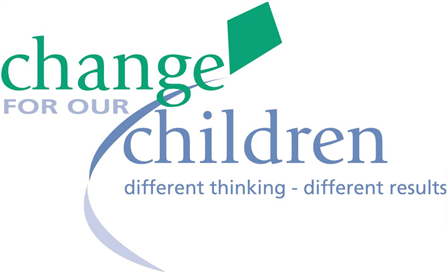Your changing baby
The first six months are a time of rapid change for babies as they adjust to life outside the womb. Before birth their needs were met as they arose; food on tap, constant noise and movement, their mothers always close. Now they must learn to wait a little, be quiet and still sometimes, and learn a new kind of closeness. Your baby will settle more easily into their new world if changes are small and they meet them gradually.
Care that's in step with development
Your baby is not a small version of an adult. There are many ways in which they are different. For example, babies only breathe through their noses (unless crying vigorously), have large and heavy heads, short necks, large tongues, loose jaw joints and small lower faces, all of which make them vulnerable to how they are positioned when they sleep.
Your care needs to match what they can and cannot do at each stage of their travels through childhood. These are the principles of care related to sleep for young babies:
- on the back
- clear face
- close by
- own space
- breastfed
- smokefree
- every sleep
- protect me
Evidence behind safe sleep principles (Click here for a research summary)
On the back: Sleeping on the back protects your baby's breathing during a critical period for head and neck development. Their life-protecting 'wake-up' reflex is strongest and in this position the heavy head cannot be lifted off the mattress. This protects your baby from getting into an unsafe position that can lead to suffocation. When on the back, the airway tube (trachea) is above the food tube (oesophagus) so that spills fall away from the airway and are swallowed.
Clear face: Sleeping babies need to breathe. There are four ways that can slow or stop the supply of oxygen to your baby: a covered face or head, pinched nose, 'chin to chest' position of the neck and pressure on a tiny chest such that breathing movements cannot be made against it. As your baby develops and gets more mobile, the 'face clear' principle becomes more critical. The main hazards in the sleeping environment come from pillows, people and propped positions, as well as loose swaddling, loose tucking and soft surfaces.
Close by: Your baby is best protected when sleeping in the same room as you when you are also sleeping. Research is clear that 'same room' proximity protects from sudden infant death. Closeness of baby and parent has important benefits for breastfeeding and emotional development, as well as safety. Your baby needs to be close enough to you to alert them of a need and you need to be close enough to your baby to respond. This builds the trust and confidence of baby and parent and therefore the relationship.
Own space: Your baby needs a sleeping space that is close AND safe. While there is debate about the safety of bedsharing for babies generally, there is strong evidence for increased risk of sudden infant death when more vulnerable babies sleep in the same bed as others. 'In own baby bed if more vulnerable' is the recommendation. More resiliant babies, those smokefree and breastfed, may handle a breathing challenge better, but still need a sleeping space that reduces their risk of suffocation.
Breastfed: Breastfeeding is a complete system of transition for your baby. If for any reason your baby is not breastfed, at least feed your baby at the breast to maximise these benefits. Breastfeeding plays a key role in the total development of your baby in ways you cannot see. For example, it strengthens immunity so that breastfed babies get sick less often and less severely and is important in helping a baby regulate emotions and other internal processes, including breathing. Breastfeeding helps to protect your baby's life.
Smokefree: Smokefee babies have strengthened breathing systems, immunity and general development. Smoking, especially during pregnancy, reduces the oxygen available to babies which causes them to develop differently. They adapt to poor growing conditions in ways that weaken them as people. One example is their life-protecting wake-up reflex. They develop as if low oxygen is normal and may not alarm in time if breathing is challenged once born.
Every sleep: Your baby will have about 500 sleep episodes in their first three months (based on an average of five per day). Safe sleep is not a pick and mix affair. The safe sleep principles need to be applied to every time and place your baby sleeps whoever is responsible for them at the time. The peak age of risk for sudden infant death, including suffocation, is under 5 months, with 50% of deaths in the 1-3 month age group. Older babies need consideration, too, as 20% of deaths are of babies aged 5-12 months
Protect me: Your baby is born completely dependent on you with little capacity to regulate themselves. They must first be dependent before they can be independent. In time they will play a bigger part in regulating themselves, but you will need to guide them to this place. They have little capacity to protect themselves from sleep related hazards, emotional distress, or to move away from harm. Your baby needs you to create a safe sleeping environment for them through their time of developmental risk.


